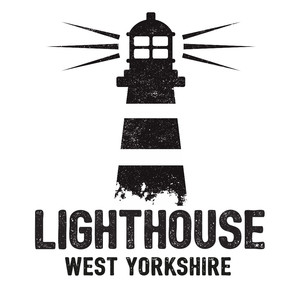Weekly Blog - Rev Jon Swales MBE - Why Choose Destruction?
 View all blogs
View all blogs
Posted on: 5th December 2024
Addiction impacts every aspect of life—physical health, mental well-being, relationships, finances, safety, and identity. For those in pastoral or counselling roles, walking alongside someone in addiction can evoke deep frustration and heartbreak. We often ask, Why?—Why continue when the consequences are so clear? Why choose destruction?
These questions, though born of concern, can sometimes sound accusatory. They reflect our struggle to understand, leaving us feeling helpless. But there is a better way—a compassionate, Christ-like way—that acknowledges the devastation of addiction while seeking to understand the pain behind it.
Every addiction hides a wound. Behind the addict is a hurting soul, an image-bearer of God, carrying deep pain. Addiction is not about the drug, drink, or behaviour; it’s a desperate attempt to escape suffering.
Gabor Maté defines addiction as “a complex attempt to solve a human problem: the problem of emotional pain, overwhelming stress, lost connection, and unmet needs.” In other words, addiction is a coping mechanism for unresolved trauma, rejection, or neglect. For many, substances provide temporary relief, a false sense of comfort, or even identity.
One addict described heroin as “a warm hug—but a hug that stabs you in the back.” This reveals the dual nature of addiction: fleeting solace followed by deeper harm.
When we grasp this, our questions shift. Instead of *Why are you doing this?* we ask:
- *What pain is driving this?*
- *What story lies behind this addiction?*
- *What wound cries out for healing?*
These questions open the door to understanding and, ultimately, healing. This is where the church’s role becomes crucial. The church should be a refuge—a safe harbor where addicts are not seen as failures but as beloved children of God.
The church can offer more than sympathy; it can offer hope. By sitting with addicts in their pain without judgment, we point them to Christ, the only One who can heal the deepest wounds. Through grace and truth, we remind them that their addiction does not define them. Their true identity is found in Christ, who restores and sets free.
Recovery is a long, messy journey filled with progress and setbacks. It demands patience, prayer, and perseverance. But walking alongside someone in recovery is holy work. As the church bears witness to their struggle, it also bears witness to the Redeemer who makes all things new.
Let us embrace this calling—not to fix or condemn, but to journey alongside in love. In Christ, no wound is too deep, no storm too fierce, and no one is beyond redemption.
By Rev Jon Swales MBE, Lighthouse

